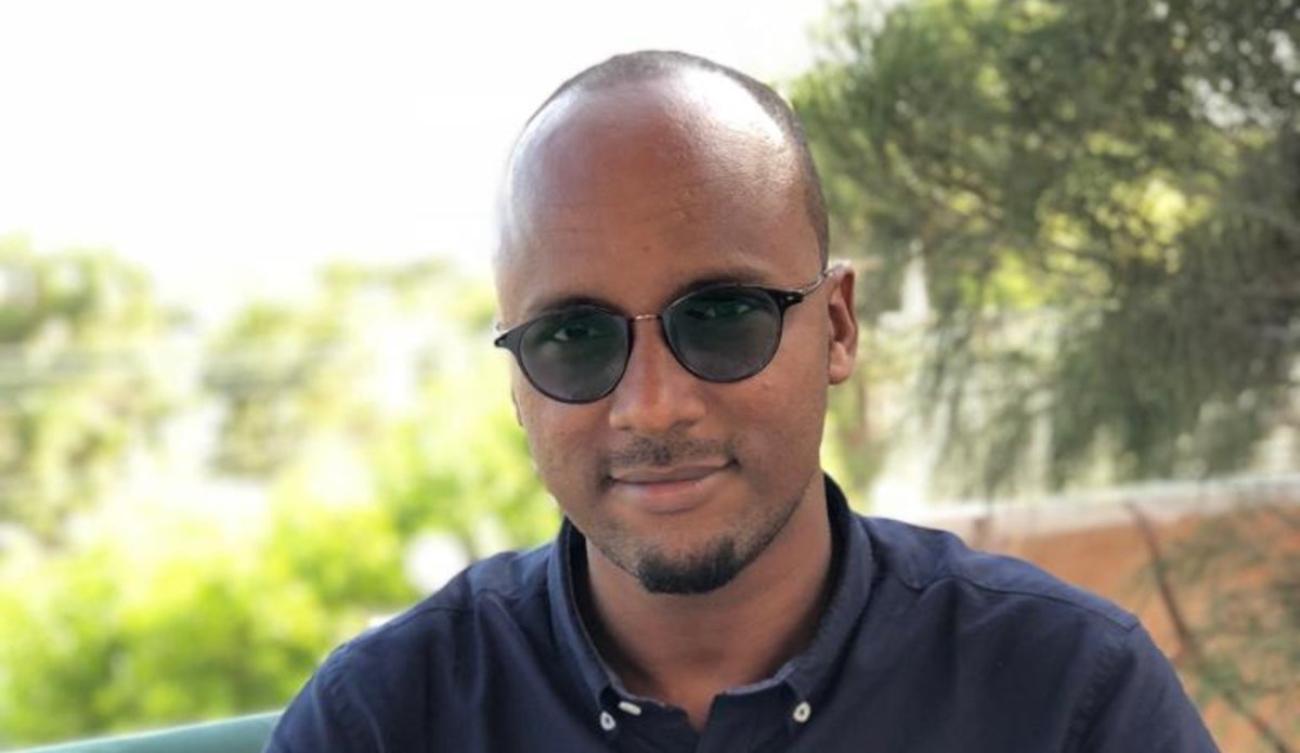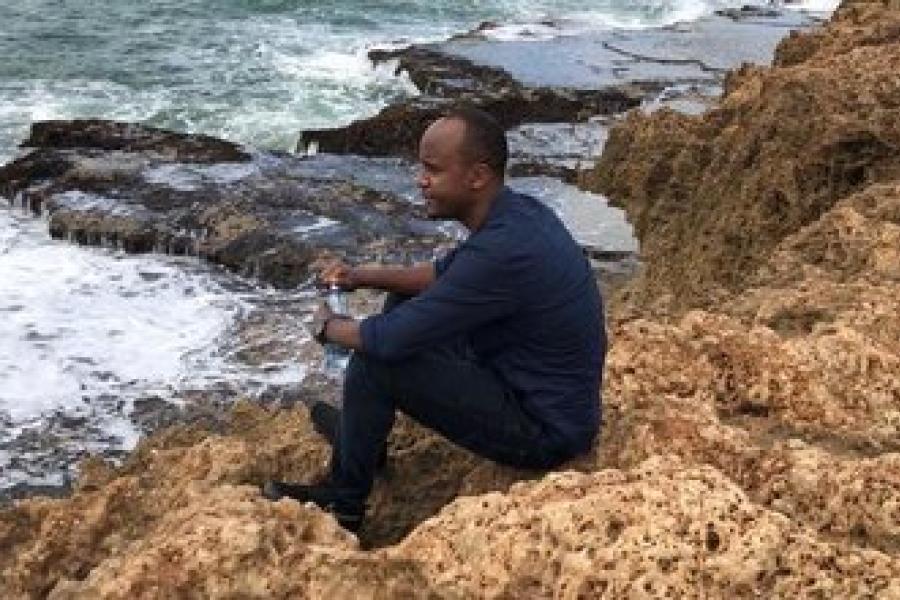Abdifatah Hassan Ali: Blogging the untold stories of survival and resilience

Abdifatah Hassan Ali’s childhood was forged in a crucible of civil war and violence.
Abdifatah Hassan Ali’s childhood was forged in a crucible of civil war and violence. By his own account, he fled the chaos and insecurity of Mogadishu on ten occasions, only to find his way back to the war-torn city each time.
“During 2007 and 2008 I wanted to leave this country, but I was persuaded by my relatives and friends to stay,” he says, looking back on that life-altering decision.
The 31-year-old native of the Somali capital finished his studies in 2012 when he obtained a degree in Information Technology from SIMAD University. He then joined a civil society organization that promoted women’s rights.
An avid blogger, Abdifatah writes about human rights issues and related matters such as Somalia’s slow recovery from years of conflict between 2007 and 2017.
“The year 2007 was the worst of times to live in Mogadishu. The war ravaged the city. Also, on 14 October 2017 a national disaster occurred [when a truck bomb in Zoobe Junction killed over 500 people]. I blog about social issues. I don’t blog about politics,” he says.
“I want to tell the stories of civil war survivors that are not covered in the media or social media platforms,” Abdifatah adds. “I represent the voiceless in my writings. Also, it is the only way that I can heal my traumas of war.”
In January 2015 he and three friends founded a civil society organization called Witness Somalia, which documents human rights abuses by state and non-state actors. “We do human rights documentation and archiving so the perpetrators are held accountable,” he says.
Although Somalia has made considerable progress towards rebuilding judicial institutions, serious human rights violations continue according to Abdifatah.
“There are extrajudicial arrests or killings by security forces, explosions and bombs, gender-based violence and sexual exploitation, together with continuous displacement of people by conflicts and natural calamities,” he adds.
“The textbook case of egregious human rights violations in Mogadishu was the mob lynching and torching of a Somali Bantu man in September. The minority groups in Somalia face many hurdles that need to be addressed by human rights defenders.”
Abdifatah also notes that the government and the international community should do more to protect those who work to promote human rights. “The human rights defenders in Somalia are doing tremendous work and putting their lives at risk. They too should be defended,” he says.
‘It is the implementation that is way behind’
The federal government of Somalia has addressed some human rights issues, such as its ratification of the Convention on the Rights of the Child in October 2015. The country also acceded to the Convention on the Rights of Persons with Disabilities earlier this month, thus becoming the 178th sovereign state to do so. In Abdifatah’s view, these two initiatives are essential to the enhancement of the government’s ability to protect and fulfil the rights of all people in Somalia.
But he also adds a word of caution. “In terms of signing conventions, the government is doing well. It is the implementation that is way behind,” Abdifatah notes.
Strong legal framework needed to curb FGM
On 11 September 2018 two sisters, 10-year-old Aasiyo Abdi Warsame and 11-year-old Khadijo, died one day after undergoing a female genital mutilation (FGM) operation in the remote village of Arawda in Puntland state. This tragic loss of life occurred two months after another 10-year-old named Deeqa Dahir Nuur bled to death from FGM complications in the Galmudug state village of Olol.

Somalia has one of the highest incidence rates of FGM worldwide, and these cases drew international attention and criticism after they were reported in various international media outlets.
“Although much has been done, FGM is a deep-rooted cultural practice which must be stopped. It cannot be stopped by awareness or advocacy alone. It needs a strong legal framework,” Abdifatah observes.
Abdifatah hopes that Somalia’s political, economic and social situation will one day improve.
“We dream of the day when we have equality in Somalia. We dream of the day when we have peace and justice that will be served to all and sundry,” he says.
Link to original story.




